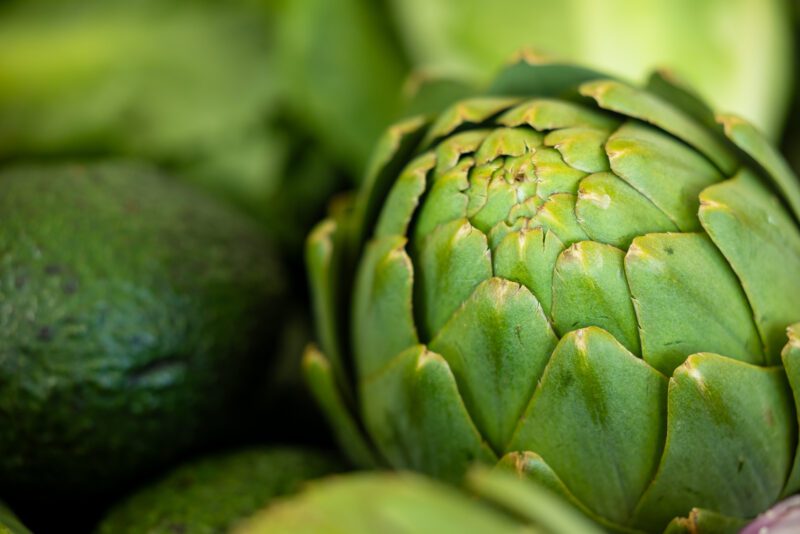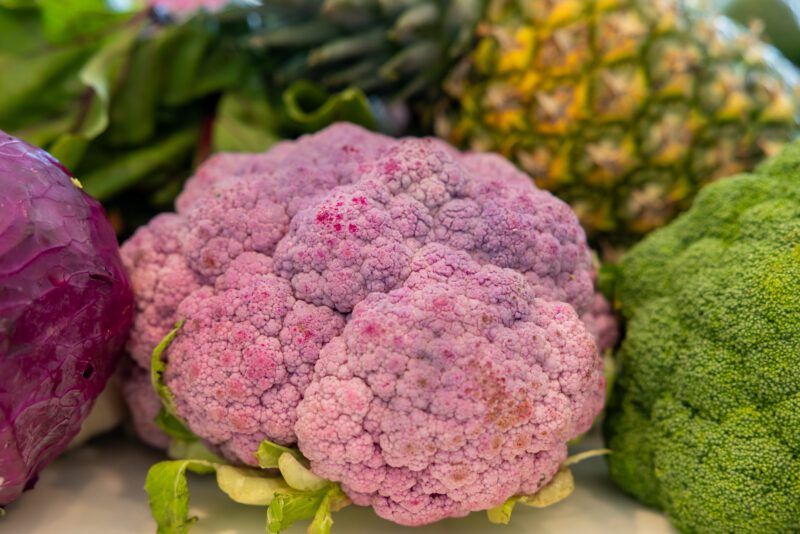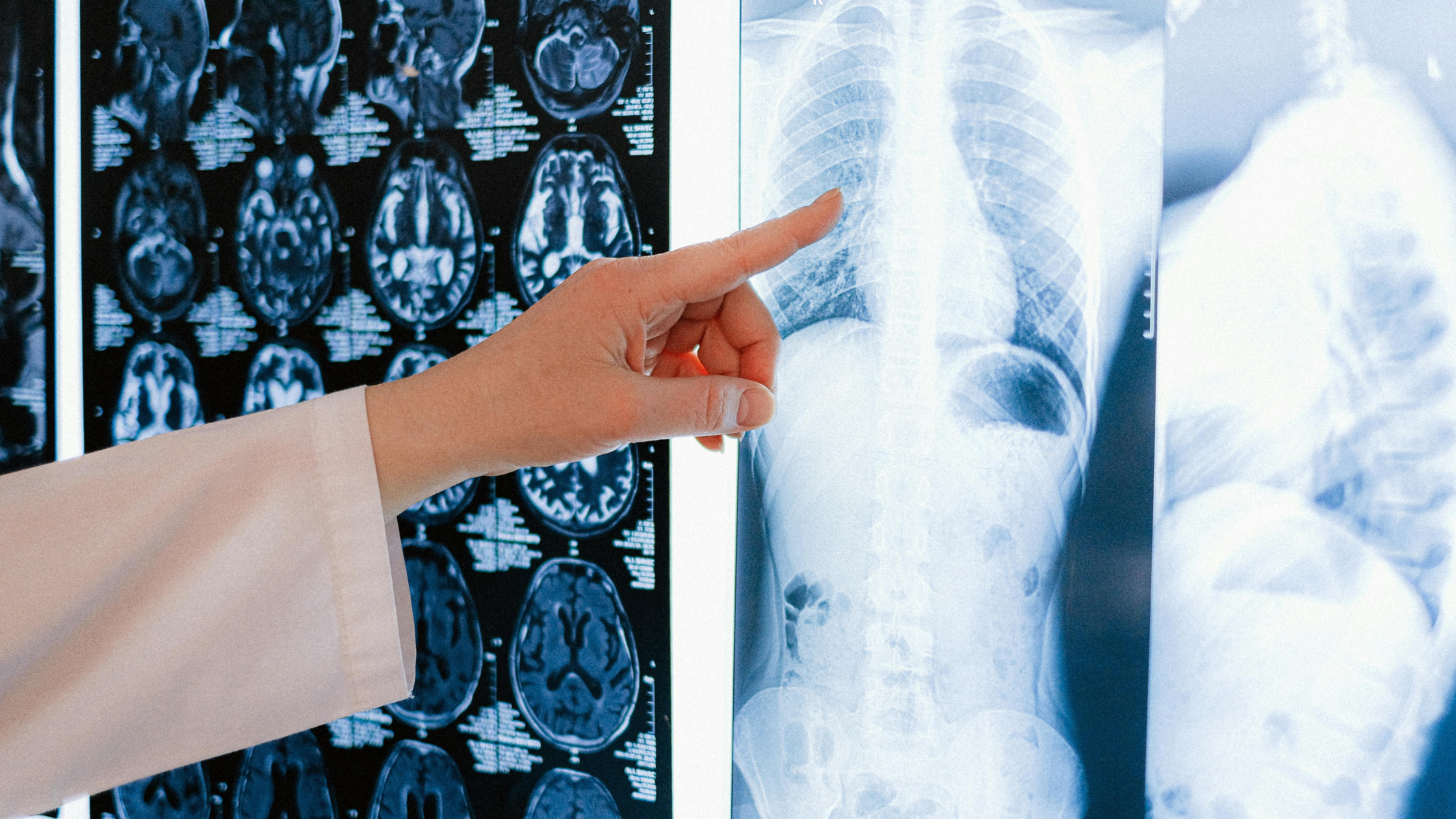THE UPSHOT
Your mood, focus, and resilience are deeply influenced by nutrition. Low levels of key nutrients like vitamin D, iron, magnesium, potassium, and thiamine can mimic or worsen anxiety, depression, and fatigue. A Dutch twin study found that vegans showed signs of slower biological aging on DNA methylation clocks, suggesting that plant-rich diets may shape mental health not just day to day but across your lifespan. Building a strong nutritional foundation is one of the most overlooked tools for emotional stability and long-term brain health.
It’s common to think of depression, anxiety, brain fog, or mood swings as purely psychological challenges. Therapy, meditation, and even medication can all play important roles in healing.
What I often share with my clients is a perspective that’s less talked about: sometimes the root cause is not psychological at all, but nutritional. The truth is, your brain and body are inseparable. Imbalances in one ripple into the other. Something as simple as low vitamin D, iron deficiency, or even a build-up of ammonia from protein metabolism can alter brain chemistry in ways that feel like anxiety, depression, or chronic fatigue.
This is where nutrition becomes more than fuel, it becomes information for your body, mind, and soul.
Vegan Diets and Slower Biological Aging
A fascinating study (1) from the Netherlands Twin Register looked at the dietary habits of more than 22,000 people, including 22 vegans. Researchers compared diet patterns with biological age using advanced DNA methylation clocks, which track how quickly or slowly your body is aging.
In a sub-analysis of nearly 1,200 participants, vegan diets were associated with lower biological age scores on two epigenetic clocks (Hannum and Horvath), even after adjusting for factors like sex, smoking, BMI, education, and physical activity. In plain language: vegans showed signs of younger biology at the genetic level.
The sample size was small, and there was a time gap between when dietary data and blood samples were collected, so the findings are not conclusive. But the signal is strong enough to suggest that a plant-forward diet, especially one full of colorful, nutrient-dense foods, may help slow the biological processes of aging.
And if nutrition can literally slow down your rate of aging, it makes sense that it might also stabilize mood, sharpen memory, and buffer resilience against stress.
Nutrients and the Mind–Body Connection
Let’s look more closely at some key nutrients and how they can affect our mental health.

Vitamin D: The Mood Hormone
Low vitamin D is not just about weak bones. It is strongly tied to mood regulation, memory, and energy. Deficiency has been linked to depression, seasonal affective disorder, and slower processing speed (2). Vitamin D acts almost like a hormone, influencing serotonin and other neurotransmitters that stabilize mood. If you feel chronically tired or low, testing your vitamin D might reveal the answer as to why. Supplementation with vitamin D with K has been shown to balance these levels.
Potassium: The Nervous System Conductor
Potassium helps nerves fire and muscles contract, but it also supports emotional steadiness. Low potassium can be the source of irritability, poor sleep, anxiety, or constant fatigue. Because it is also tied to blood pressure regulation, a deficiency stresses both the cardiovascular and nervous systems (3). Plant foods like leafy greens, beans, citrus, and squash are excellent ways to replenish it.
Magnesium: Nature’s Calming Mineral
Magnesium is involved in over 300 enzymatic reactions, including those that regulate GABA, your brain’s calming neurotransmitter. Low magnesium levels can be the cause of insomnia, panic attacks, or a racing heart (4). Restorative rest and sleep is crucial to optimal cognitive function. People sometimes credit magnesium supplementation with helping them get their best sleep in years. Eat greens, nuts, seeds, and legumes–all natural sources of magnesium.
Thiamine and Protein: A Delicate Balance
Thiamine (vitamin B1) helps metabolize carbohydrates in the brain. Without enough of it, protein metabolism can get messy, leading to ammonia accumulation that makes you feel foggy, irritable, or fatigued (5). Too much protein without enough B vitamins can tip this balance, which is why nutrient synergy matters. Eating protein alongside whole grains, legumes, and greens helps the body process it cleanly.
Iron: Energy and Emotional Resilience
Iron deficiency is one of the most common nutrient gaps worldwide. It is well-known for causing fatigue, but it can also trigger irritability, restless sleep, brain fog, and even depressive symptoms. Without enough iron, your brain simply does not get the oxygen it needs to function (6). Plant-based iron sources such as lentils, tofu, pumpkin seeds, and spinach work best when paired with vitamin C rich foods like citrus or peppers.
Nutrition, Mood, and Epigenetics

Nutrition does not just change how you feel today–it programs your biology for the future. The Dutch twin study is one piece of evidence suggesting that vegan diets may reduce epigenetic age, meaning they may slow the pace of aging at the cellular level.
When you eat the rainbow, you supply your body with a full spectrum of polyphenols, antioxidants, minerals, and vitamins. These compounds support your microbiome, lower inflammation, and stabilize neurotransmitters. Over time, that biochemical harmony shows up not only as better lab numbers but also as calmer moods, clearer thinking, and greater resilience.
Keep in Mind…
Mental health is not just in your head, it is in your blood, your cells, and your nutrition. Low vitamin D can look like depression. Low magnesium can feel like anxiety. Iron deficiency can mimic burnout. And nutrient-rich, plant-based diets may even slow the pace of aging itself.
Before assuming your struggles are purely psychological, consider what is on your plate. A strong nutritional foundation does not replace mental health care, but it creates the environment for therapy, meditation, and lifestyle practices to work more effectively.
When we eat the rainbow, balance our nutrients, and nourish our cells, we are not just fueling our bodies, we are writing the biochemical script for joy, clarity, and resilience. Mental health, at its core, is wholistic health.
xo – Serena
FAQ
Q: Can nutrient deficiencies really cause psychiatric misdiagnoses?
A. Yes. People with low B12 or iron, for example, sometimes receive depression or anxiety diagnoses when the primary driver is metabolic. Correcting the deficiency often relieves the mental health symptoms without the need for medication adjustments.
Q: How fast can nutrition affect mood?
A. Some nutrients, like magnesium or potassium, can change how you feel within days if your levels are very low. Others, like vitamin D or iron, may take weeks or months of repletion before mood and cognition noticeably shift.
Q: Is “eating the rainbow” enough, or should I still test my labs?
A. Eating a colorful, plant-rich diet gives you broad coverage of vitamins, minerals, and phytonutrients, but individual biology matters. Genetics, absorption, lifestyle, and even medications can affect nutrient status. Regular bloodwork helps you see whether your diet is meeting your body’s unique needs.
Q: Does nutrition replace therapy or medication for mental health?
A, No. Nutrition is foundational but not a substitute. Think of it as clearing the noise in your system so therapy, meditation, or medication can work more effectively. Mental health thrives when biology and psychology are addressed together.
Q: Can nutrient balance really slow aging in the brain?
A. Emerging research suggests yes. The Dutch twin study showed vegans had slower epigenetic aging, which may translate into better long-term brain resilience. While the sample size was small, it highlights a powerful idea: what you eat today doesn’t just change your mood, it may also shape your future cognitive health.
CITATIONS
- Janssens GE, van Dongen J, Ligthart L, de Geus EJC, Salomons GS. Nutritional associations with decelerated epigenetic aging: vegan diet in a Dutch population. Clin Epigenetics. 2025 Jul 29;17(1):133. doi: 10.1186/s13148-025-01934-9. PMID: 40731356; PMCID: PMC12305949.
- Akpınar Ş, Karadağ MG. Is Vitamin D Important in Anxiety or Depression? What Is the Truth? Curr Nutr Rep. 2022 Dec;11(4):675-681. doi: 10.1007/s13668-022-00441-0. Epub 2022 Sep 13. PMID: 36097104; PMCID: PMC9468237.
- Banerjee, S., et al. (2012). Serum Potassium and Anxiety: A Pilot Study. Journal of Neuropsychiatry and Clinical Neurosciences, 24(2), E37-E38.
- 10 Symptoms of a Magnesium Deficiency, Clevelandclinic.com.
- Mohiuddin SS, Khattar D. Biochemistry, Ammonia. [Updated 2023 Feb 20]. In: StatPearls [Internet]. Treasure Island (FL): StatPearls Publishing; 2025 Jan.
- Arshad H, Arshad A, Hafiz MY, Muhammad G, Khatri S, Arain F. Psychiatric Manifestations of Iron Deficiency Anemia-A Literature Review. Eur Psychiatry. 2023 Jul 19;66(Suppl 1):S243–4. doi: 10.1192/j.eurpsy.2023.560. PMCID: PMC10595923.
by





